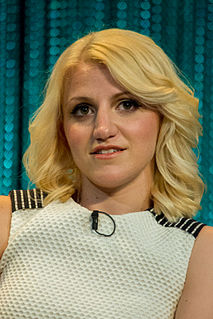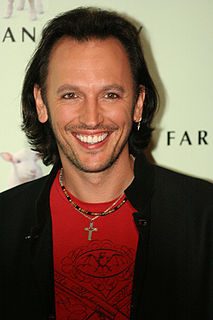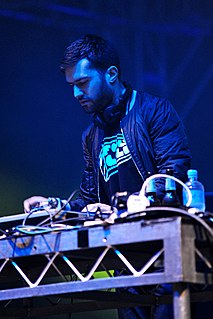A Quote by Kelly Sue DeConnick
In popular culture, when women compete, it's usually over a man, and it's usually very nasty. And that is just frankly not my experience. That's just some kind of popular mythology, it feels like. I find it insulting.
Related Quotes
I'm popular in the United States and I'm popular in England. England is just more concentrated. The people are closer together. Venues are closer together. Many albums of mine have been popular in England, but, no hit singles. All the hit singles I had were before I went to England. So, I'm not necessarily more popular in England, I'm just popular in England, and more so for my performances than hit records. But, I enjoy doing concert halls all over America, England, Scotland and Australia.
Popular culture as a whole is popular, but in today's fragmented market it's a jostle of competing unpopular popular cultures. As the critic Stanley Crouch likes to say, if you make a movie and 10 million people go see it, you'll gross $100 million - and 96 per cent of the population won't have to be involved. That alone should caution anyone about reading too much into individual examples of popular culture.
I do make some conscious efforts to write female friendships, intergenerational female friendships. I make a conscious effort to include things that I see as important real parts of my life that are not reflected as much as I think they should be in popular culture. We very seldom have the opportunity to see women compete and remain friends.




































